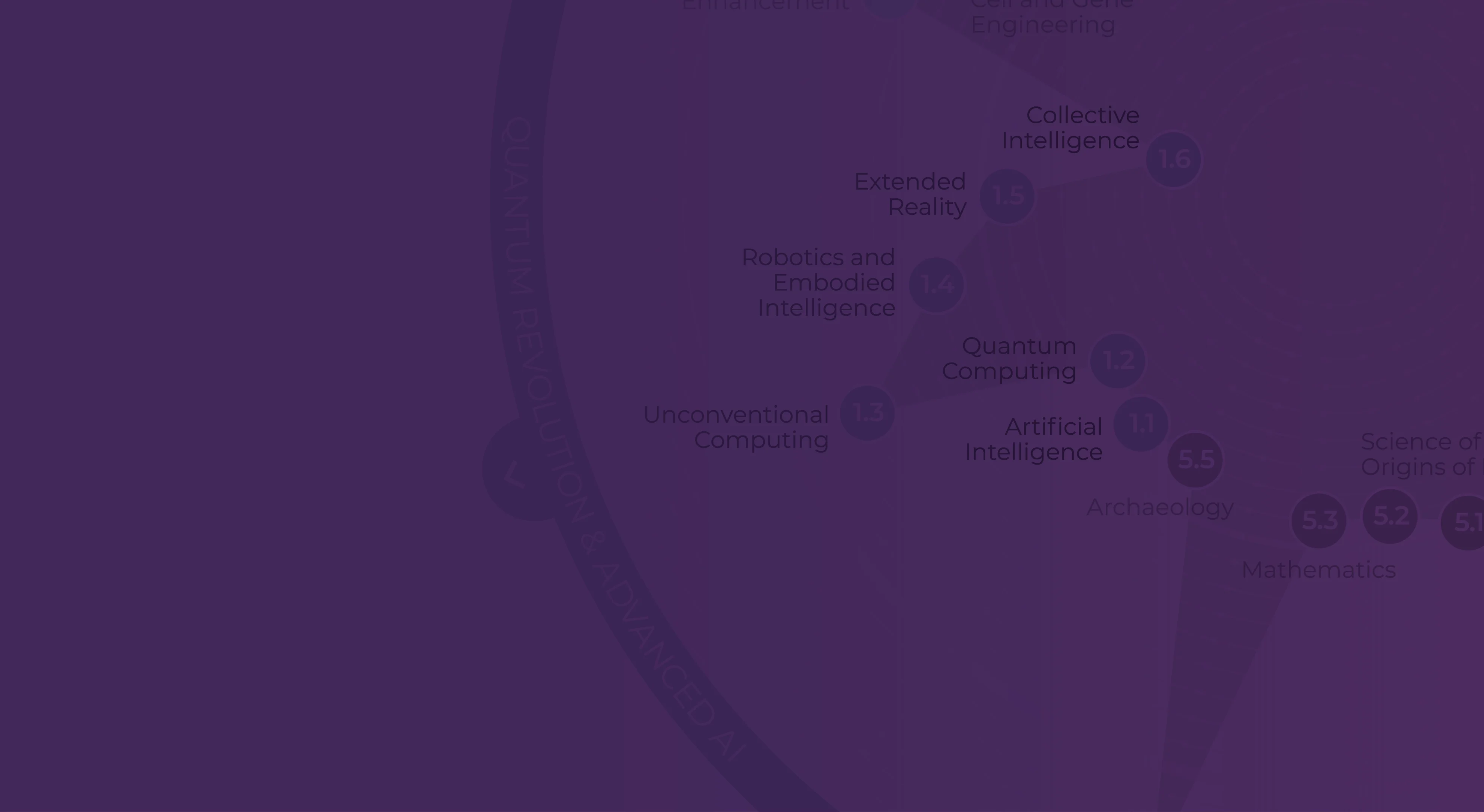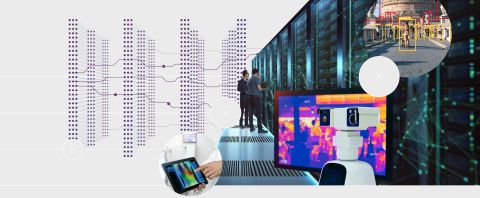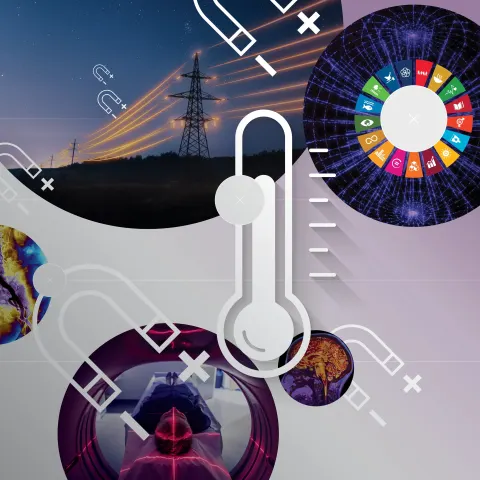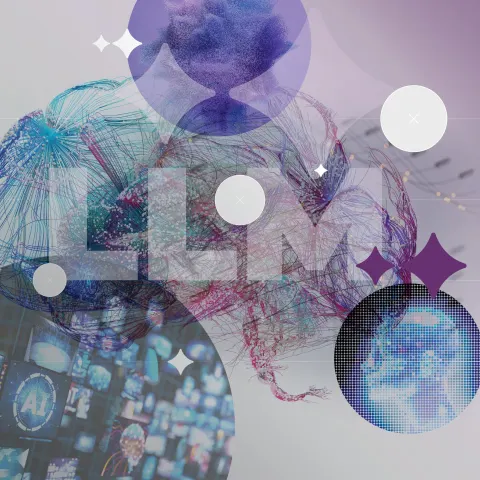Containing deep insights into anticipated advances associated with Quantum Revolution & Advanced AI over the next 5, 10 and 25 years, the GESDA Pulse of Science provides the expert opinions of leading researchers in fields related to the information sciences, such as AI, quantum and other unconventional computing, robotics, collective intelligence and extended reality.











